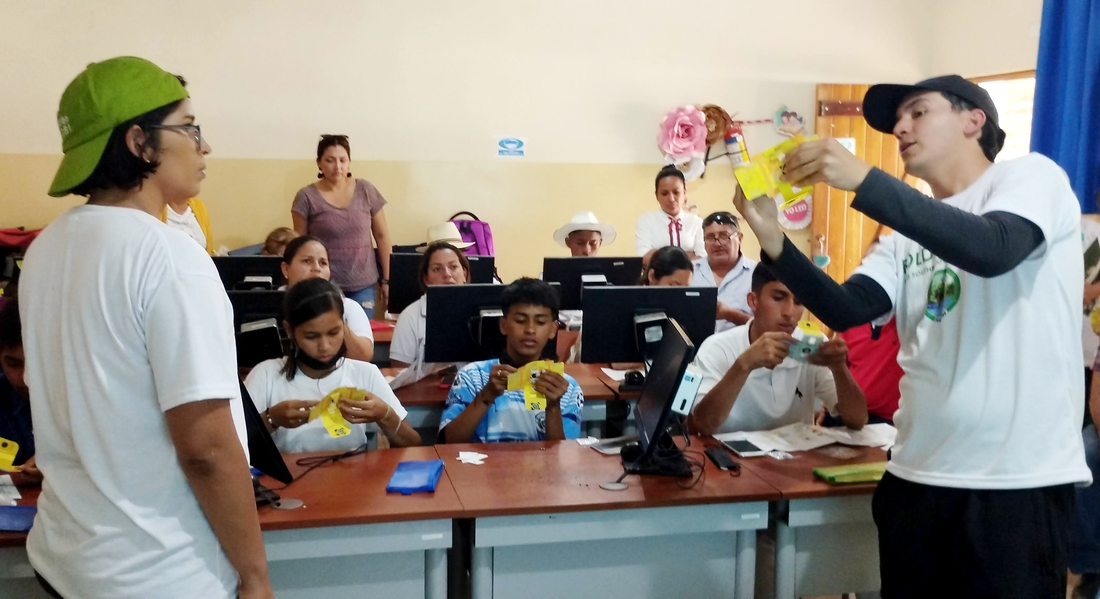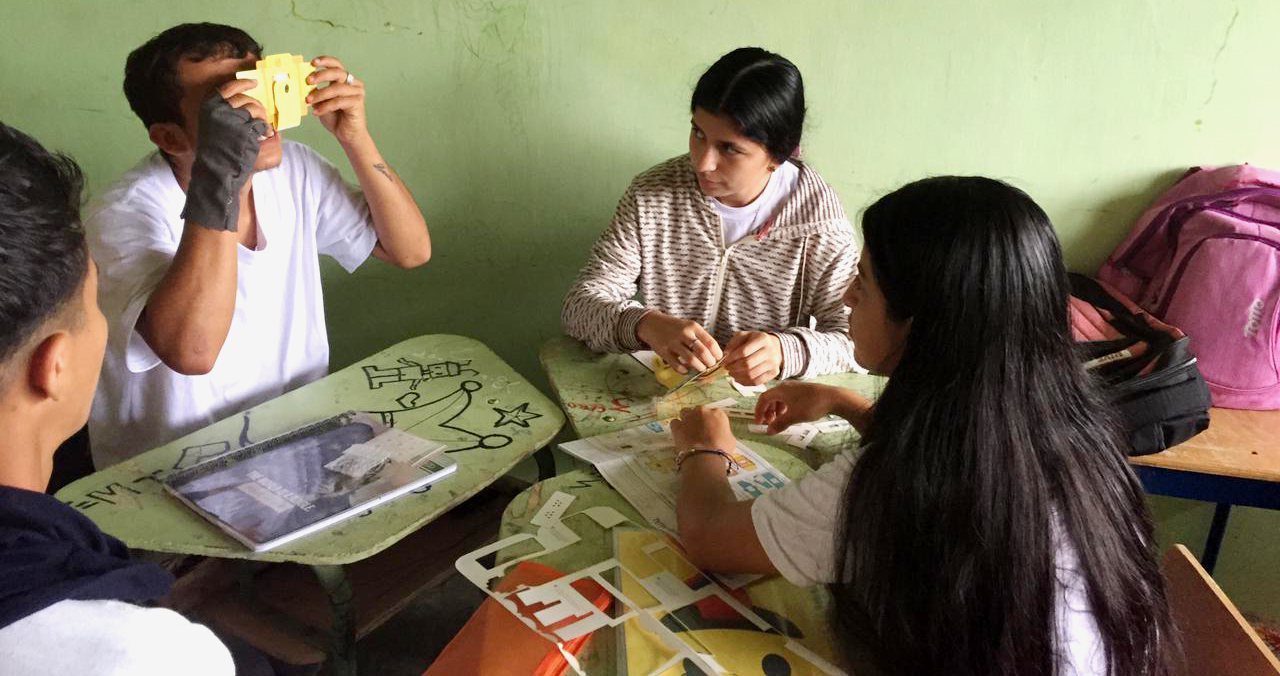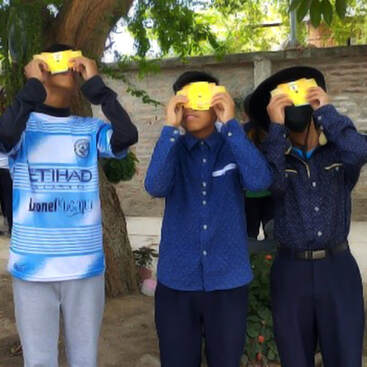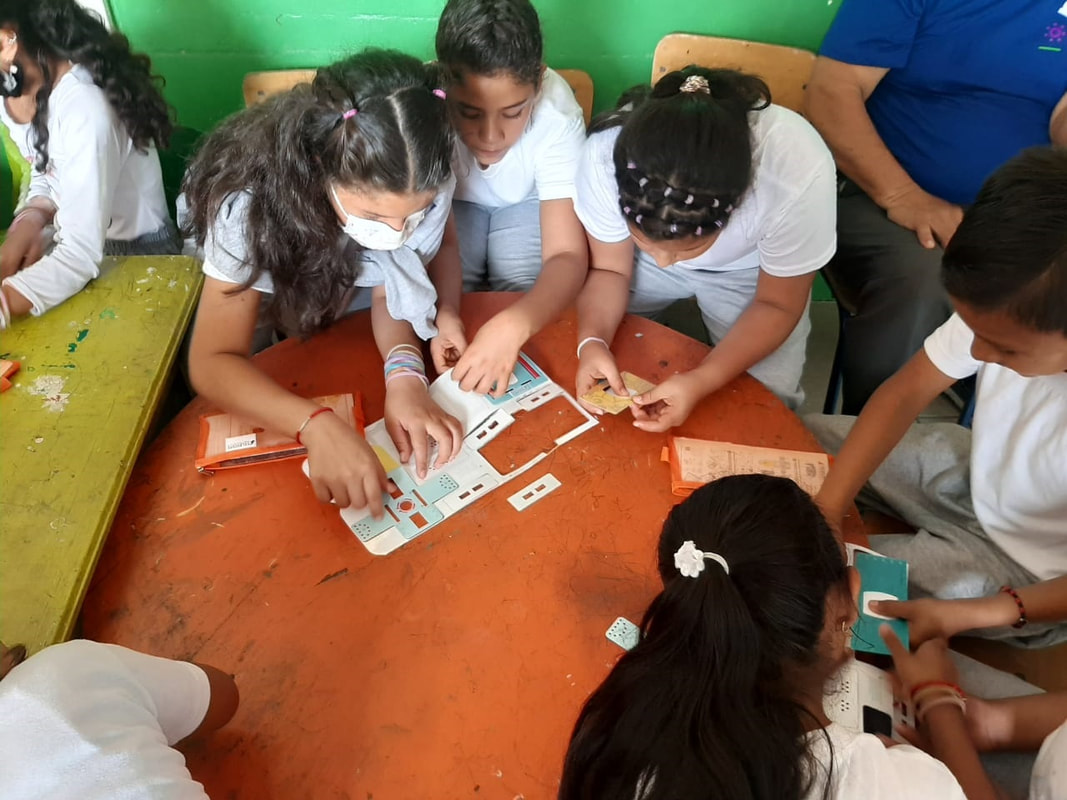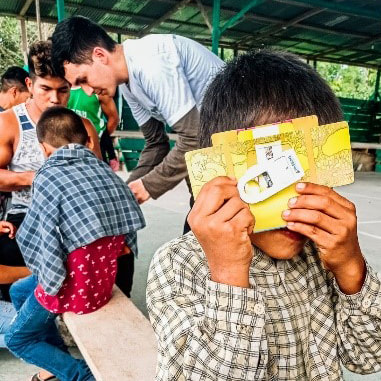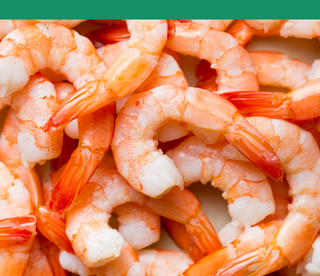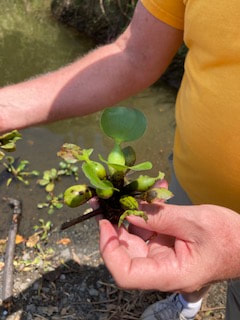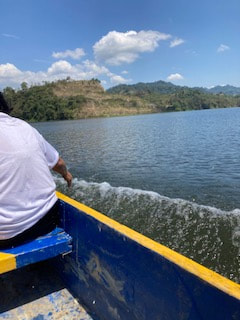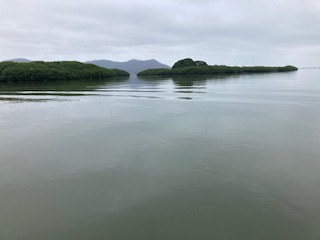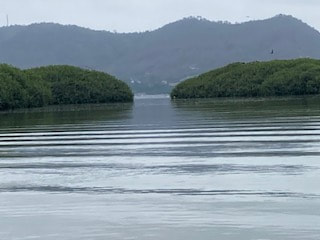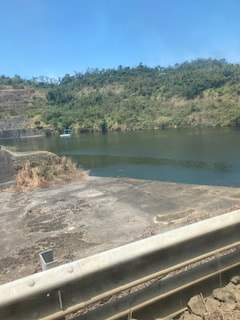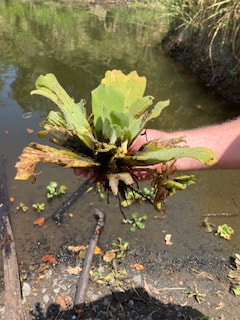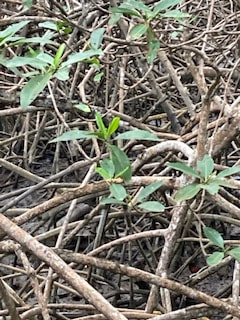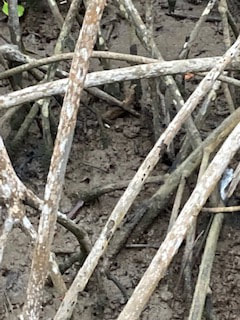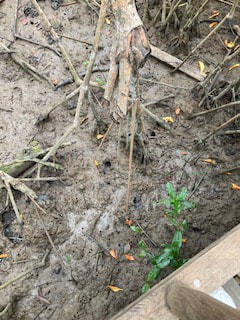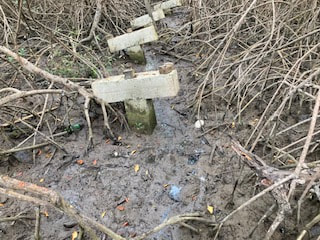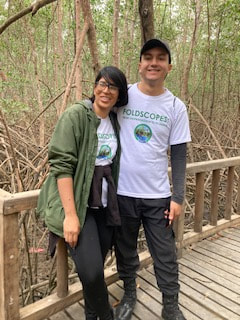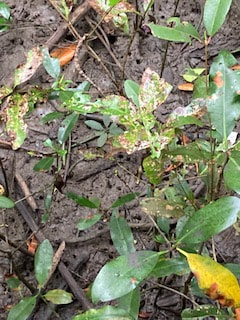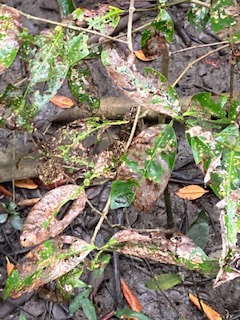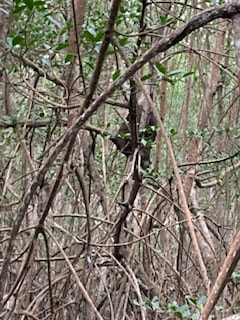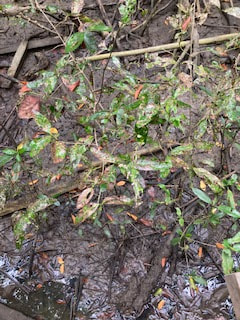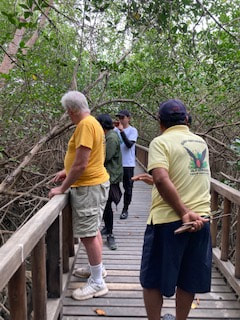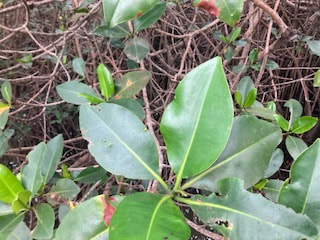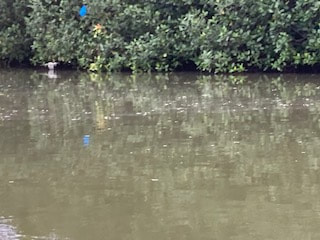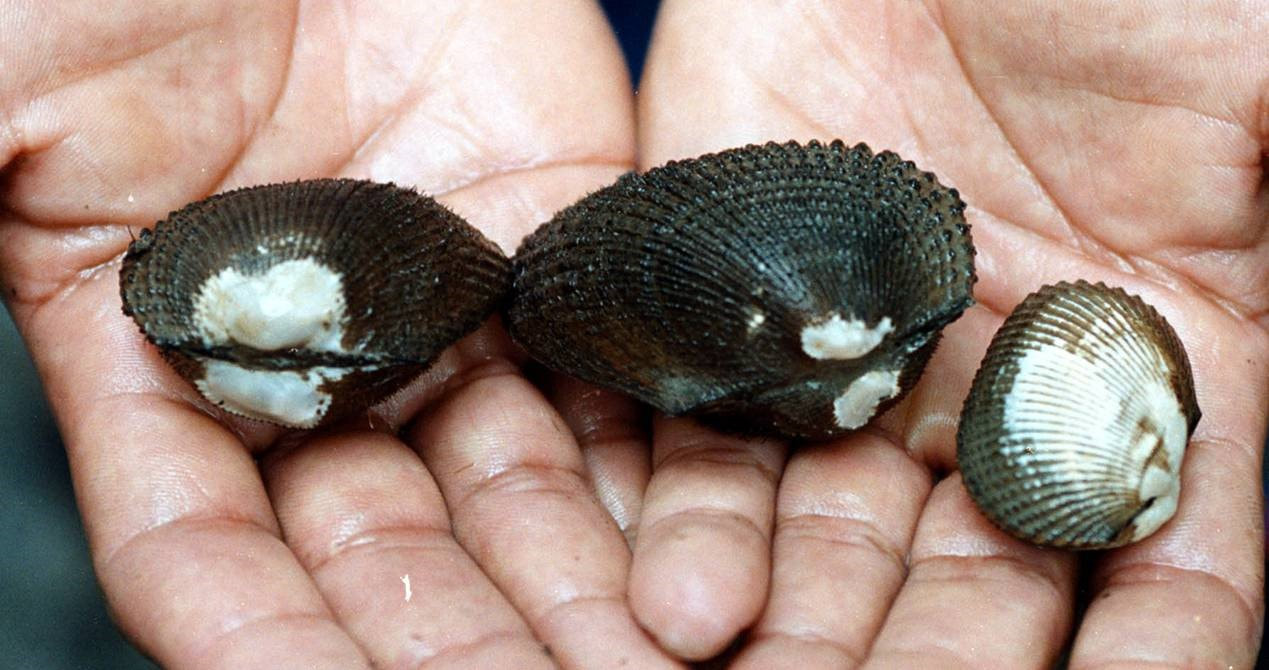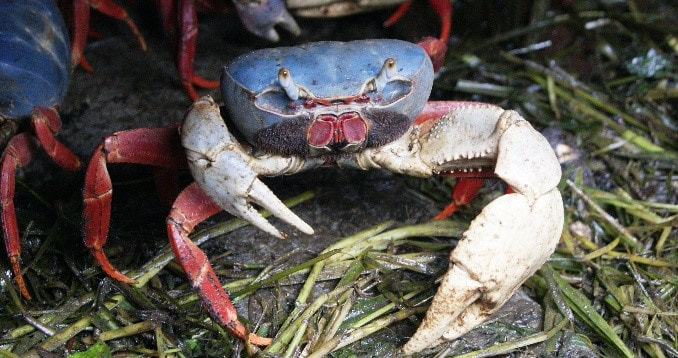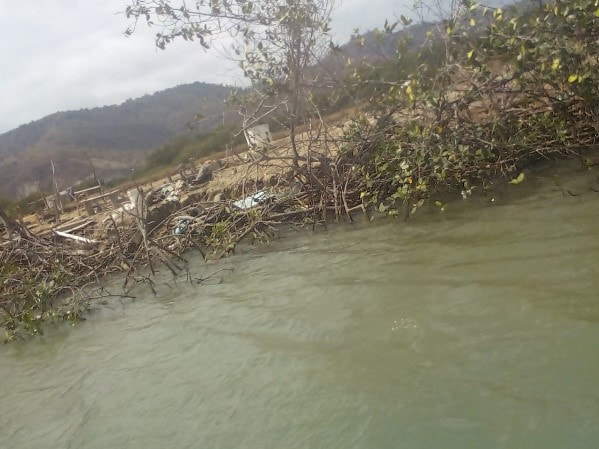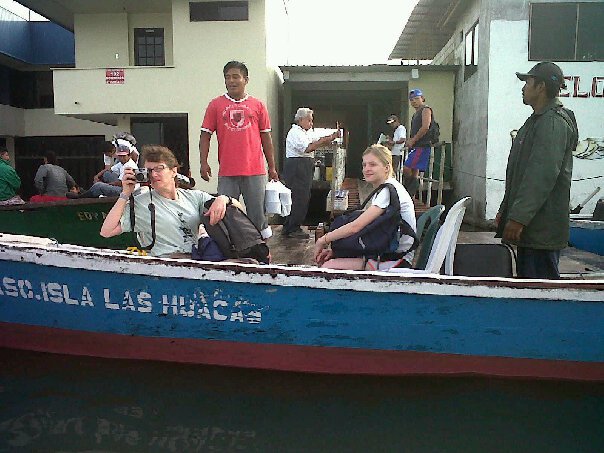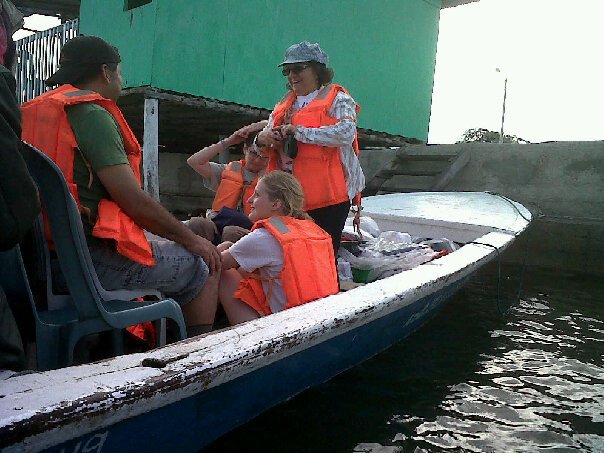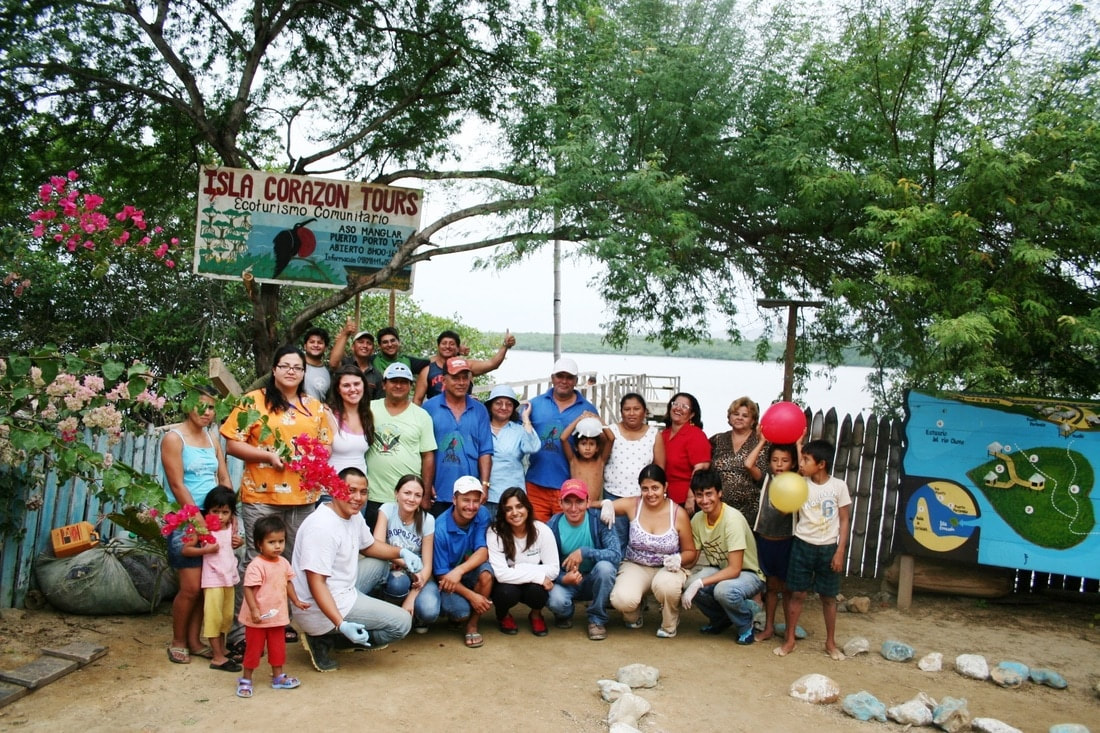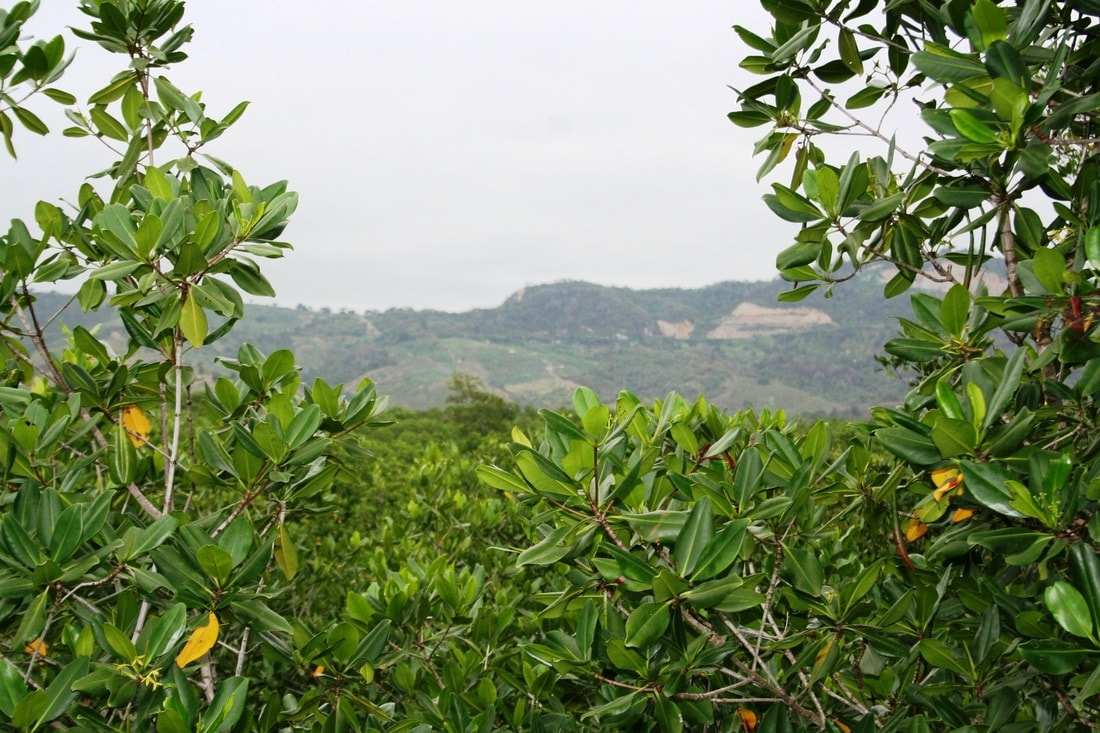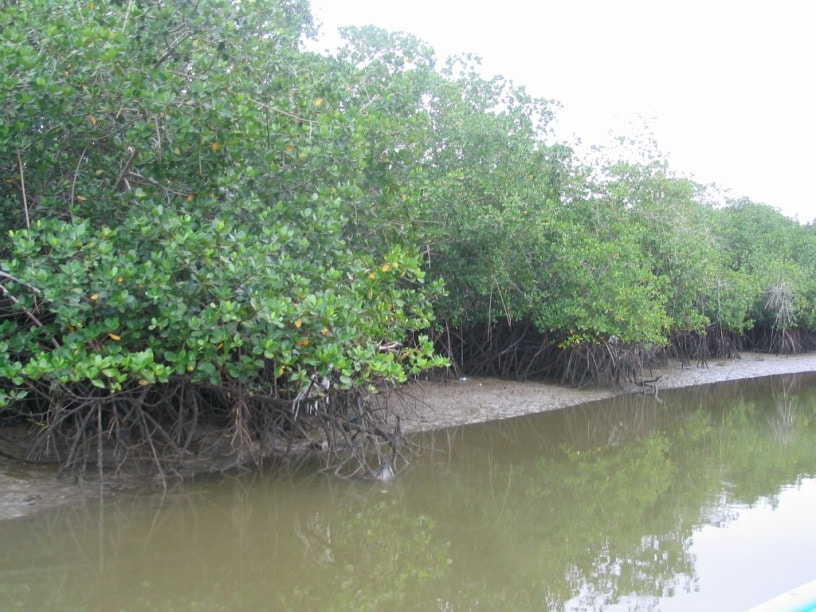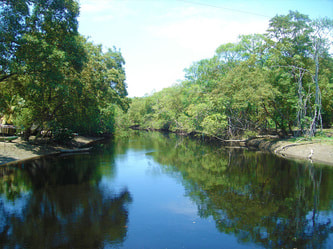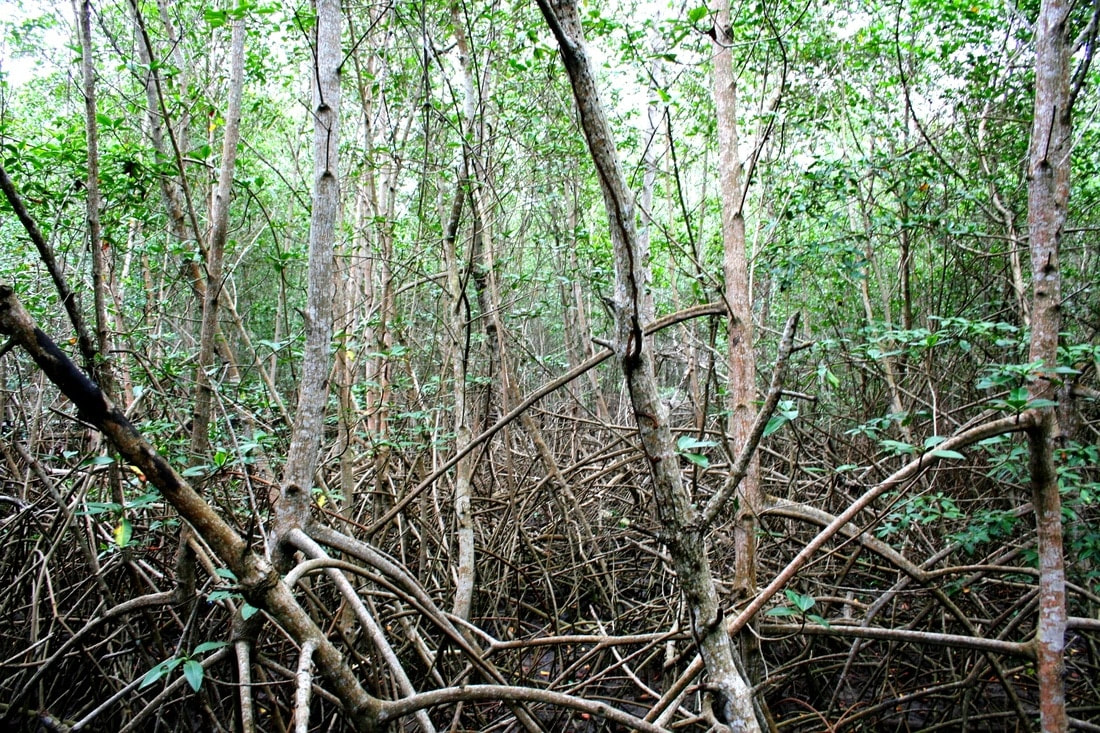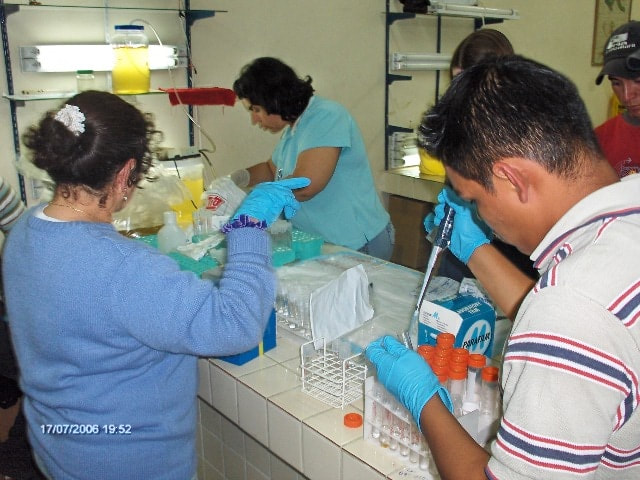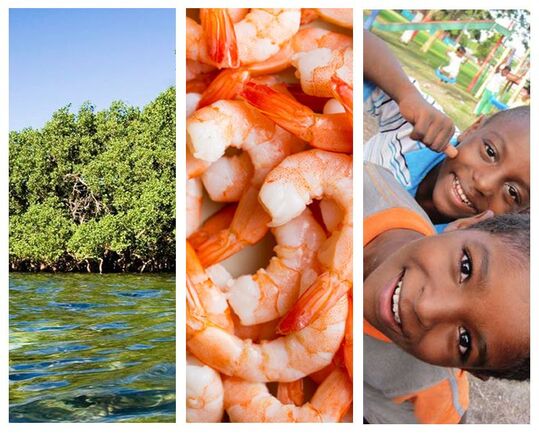|
Looking to make a difference in the lives of students in need around the world? Look no further! By visiting our website at https://southboroughrotary.com/donate, you can help support the purchase of Foldscopes for children in countries such as Ecuador, India, and Colombia. These Foldscopes will enable students to explore the world of science and critical thinking in new and exciting ways.
For just $15, you can make a significant impact by covering the cost of one Foldscope, which includes purchasing, shipping, and distributing to a student. Your contribution will directly benefit young learners who may not otherwise have access to the tools they need to succeed. By donating to this worthy cause, you can help bridge the gap and provide a level playing field for all students, regardless of their background. So why wait? Head to the website now and make a difference today! |
Project ‘Foldscopes: From Southborough to Ecuador
Portovelo Community-ManabíA paper microscope is making microscopy available to children in coastal communities in Ecuador. Our team travelled to the community of Portovelo where they delivered 100 Foldscopes donated by the Rotary Club of Southborough, Massachusetts, USA. Students and Teachers from the Chone River estuary had a wonderful time learning about the Microcosmo.
|
Horconcito and Salinas Communities-ManabíAlmost 100 Foldscopes were distributed to schools and a workshop of young environmentalists located in the Chone River estuary, Manabí!. Foldscopes provide an opportunity for children to experience the microcosm up close, and students from schools in the Chone sector and UE de Salinas were fascinated by this new tool for their natural science class and biology class.
|
Arajuno and Shiwakucha Communities-PastazaThe first 22 Foldscopes were distributed in 3 schools of the Pastaza province located in Ecuador's Amazon region. Our team taught teachers and students how to use Foldscopes in biology and science classes. The teachers expressed their gratitude and enthusiasm for being able to have this new classroom tool since they currently do not have a science laboratory.
|
Know What We Are Doing
|
SHRIMP SCAMPI: A CITIZENS SCIENCE PROJECTThe goal of this initiative, led by high school students from Massachusetts (MA), is to examine the levels of endocrine disrupting chemicals (EDCs) like metals, Glyphosate, Roundup and Bisphenol A in commodity and wild shrimp sold at US supermarkets.
|
Why help FUCOBI?As an environmental foundation, we are driven by our strong sense of purpose, which forms our goals and determines every aspect of the way we operate.
FUCOBI supporters are making the world a healthier place for everyone, and your gift today can help. You can be confident that your contribution to FUCOBI will go straight to preserve a healthier environment, and animals and protect human health —by investigating the presence of heavy metals, pesticides, herbicides, and antibiotic residues in humans, animals and ecosystems, carrying out environmental education activities, and much more. Giving as little as $5 can be helpful for our students and volunteers in our work with the environment Together, we're making the world a better place for all beings. Please, give what you can today. |
|
Fundación para la Conservación de la Biodiversidad Acuática y Terrestre (FUCOBI)
Approved by Agreement No. 046 of the Ministry of the Environment of Ecuador on April 15, 2008, San Miguel de Anagaes E17-300, Conjunto Nueva Granizada, Casa 17, El Eden, Quito - Ecuador Phone: +(593) 99 5878 656; E-mail: [email protected] |

